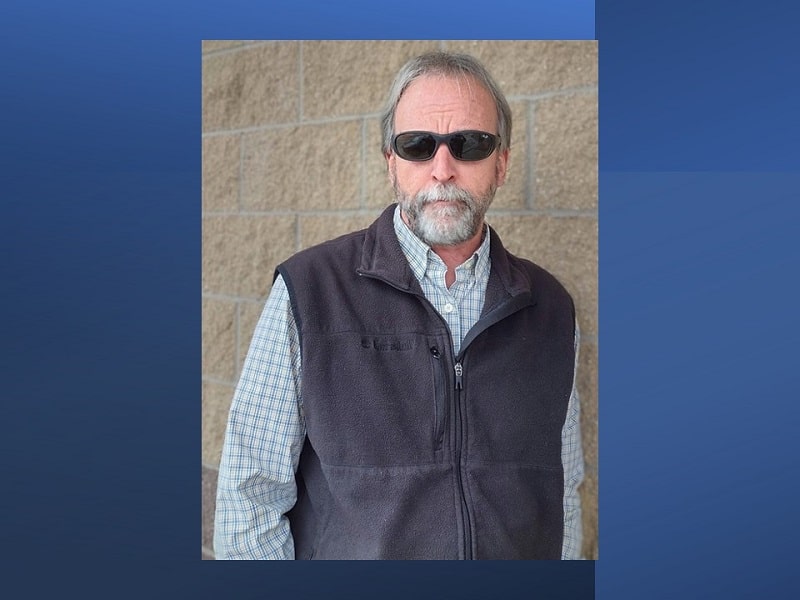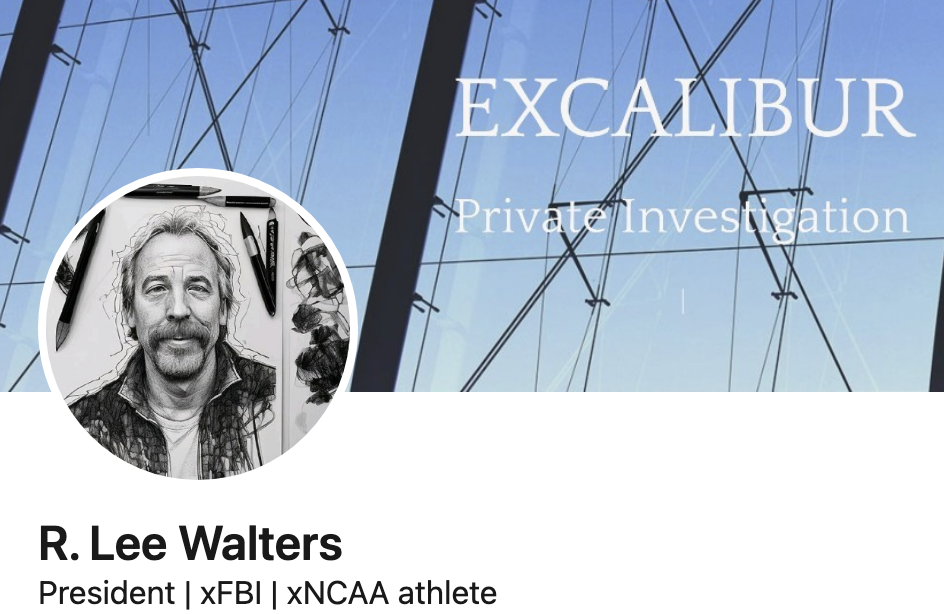Private investigator, R. Lee Walters of Excalibur Private Investigation, is retained by families for his inquiring mind on missing persons. Walters shares his insight on searching for birth parents and siblings with mental illness.
Walters is based in Colorado Springs, but serves the state of Colorado. For Walters, locating the missing is like solving a puzzle, where pieces come from personal effects and/or professional access.
“Families should never pre-determine what is and what is not important. Leave that up to the investigator,” he advises. “If the family has a 10-year-old photograph, I want it.”
Digital Trail of Excalibur Investigation
For birth parents, Walters starts with the death records of the Social Security Administration, to ensure the parent is alive. “Even though SSA is three years behind in death announcements, it’s still a good tool.”
Through the police department, Walters can search the birth parent’s criminal history. When arrested, the person must give an address. The parent may live at a half-way house or live with another person. Sometimes Walters talks to the person at the parent’s last known address. Or he can set an alert in the database by inputting Jane Smith’s name.
“Databases are scrapping other databases for information. If Smith receives an email on anything, I’ll know about.” With one exception—international databases. What happens abroad, doesn’t always stay abroad. Walters shares this investigative story.
“A young woman did a study abroad program in Germany. When she returned to the U.S., she discovered she was pregnant. When her daughter turned 2-years-old, she wanted the father to know about their daughter,” Walters says. “Without access to a German database, I have to reach out to a German investigator, with my information and the amount they charge. The investigator’s response could take a few hours or a couple days. To subcontract with an overseas P.I. and my services is costly.”
In Colorado Springs, the birth parents he’s found (with a positive outcome) occurred in 50% of his cases. In general investigations, Walters has 33 years of the experience. He is a fan of the ABC crime drama “Big Sky,” and private detective Cassie Dewell. He admits, “The episodes start off with a twist, and my job isn’t as exciting as they make it out to be.”
Like Dewell, Walters is a lead detective and founder of his own investigation business. P.I.’s aren’t shy about verbalizing human injustice or the public sectors that make their jobs hard. When the investigators’ workday ends, they can’t mentally detach themselves from their jobs. Of course, sipping time (a glass of wine for Walters and a beer for fictional Dewell) is one way they decompress. Even while drinking, they ponder the missing face, in a populated place.
Off-the-Grid
Walters says, the mentally ill are most often sought by their siblings. These investigated persons are usually biploar or schizophrenic and have gone off their medications. They often reside among the homeless population. Living on the streets, their digital trail (email, cellphone, credit usage) stops. The digital information most helpful – medical records – Walters cannot access. “Medical charts have a lot of information in them, but HIPPA creates road blocks.”
To remove the investigative road blocks, families must know the city the person resides in. Then Walters narrows it down to homeless areas and homeless services. He admits, these cases are hard. On a scale of 1 to 5, Walters rates his success a 3. His findings have shown him a family reunion is possible. Walters’ offers his investigative services to a local mental health organization, in case families find their loved ones missing.
For families who find themselves in that predicament, Walters says, “ I see the void in my clients’ eyes when their brother/sister is not in their lives. Secondly, I lived in California before moving to Colorado, it’s an injustice to see the homeless with mental illness on the street in a cardboard box. It makes me angry.”
Entering the Homeless Community to Find a Loved One
When searching for the mentally ill in homeless territory, it requires street investigation and conversation. Walters know the homeless don’t trust people. In his approach he sticks to his abilities: “Speaking to people on their level and having the gift to gab. Once they realized I am not attempting to arrest the person, then I am able to show them a picture of the person. Then the person tells me, ‘They stay at this hotel, or reside under this bridge.’
Bridging the gap between lost and found can take years. As in the case of a man who privately searched for his twin brother for 7 years, before hiring Walters. He shares this client story.
“Being identical twin’s, various friends and co-workers, would tell him they spotted him in a certain place. But he appeared unshaved, wearing dirty clothes, and puffing on a cigarette. He told each person, ‘If you see me again, let me know.’ Then about his brother. People sighting his twin was the reason he didn’t hire an investigator. In those 7 years, he documented everything, which was of great help to me. Finding his twin brother took me another two years. As I remember them, I still smile like that Cheshire Cat from Alice in Wonderland.”
Besides missing persons, Walters other investigative works include financial fraud investigations, background due diligence investigations, surveillance, cheating spouse/infidelity, domestic violence, child custody, and social media/online dating investigations.
The Maverick Observer is an online free-thinking publication interest





 RSS Feed
RSS Feed













